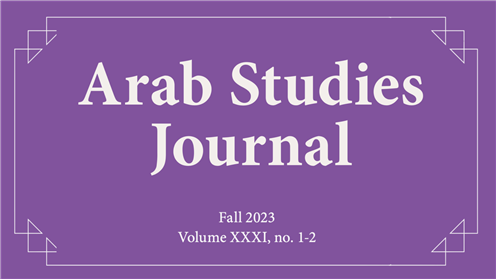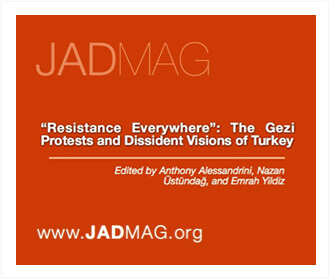We felt the need to dispel a number of persistent stereotypes and misconceptions about Arab women and their lived realities, identities, challenges, and resistances.
Sahar Khamis and Amel Mili
Sahar Khamis is an Associate Professor in the Department of Communication and an Affiliate Professor of women’s studies at the University of Maryland, College Park. She is an expert on Arab and Muslim media and the former Head of the Mass Communication Department at Qatar University. She is a former Mellon Islamic Studies Initiative Visiting Professor at the University of Chicago in 2014 and a former Visiting Scholar at the Annenberg School for Communication at the University of Pennsylvania in 2015. She is the co-author of the books Islam Dot Com: Contemporary Islamic Discourses in Cyberspace (Palgrave Macmillan, 2009) and Egyptian Revolution 2.0: Political Blogging, Civic Engagement and Citizen Journalism (Palgrave Macmillan, 2013), and the co-editor of the book Arab Women’s Activism and Socio-Political Transformation: Unfinished Gendered Revolutions (Palgrave Macmillan, 2018). She has numerous publications in English, Arabic, French, Italian, and German, and she received a number of prestigious professional and academic awards. Dr. Khamis is a public speaker, a media commentator, a radio host, and a former Human Rights Commissioner.
Amel Mili holds a master’s degree and a PhD in global affairs from Rutgers University, Newark. She also holds a JD in law from the Law School of Tunis and a master’s in public administration from the University of Tunis. From 1991 to 2009, Amel served as a Magistrate in the Administrative Tribunal of Tunisia. From January 2010 to May 2017, Amel served as director of the Arabic Language and Culture Program at the Lauder Institute for International Studies, University of Pennsylvania, Philadelphia PA. Currently, she is a lecturer in the Department of Global Studies and Modern Languages at Drexel University and the co-founder of the Middle East and North Africa minor. Amel’s professional interests include the intersection between religion and law, gender politics and constitutional transition, and language policies and education. She has published articles in multiple journals and is the co-editor of the book Arab Women’s Activism and Socio-Political Transformation: Unfinished Gendered Revolutions (Palgrave Macmillan, 2018).











